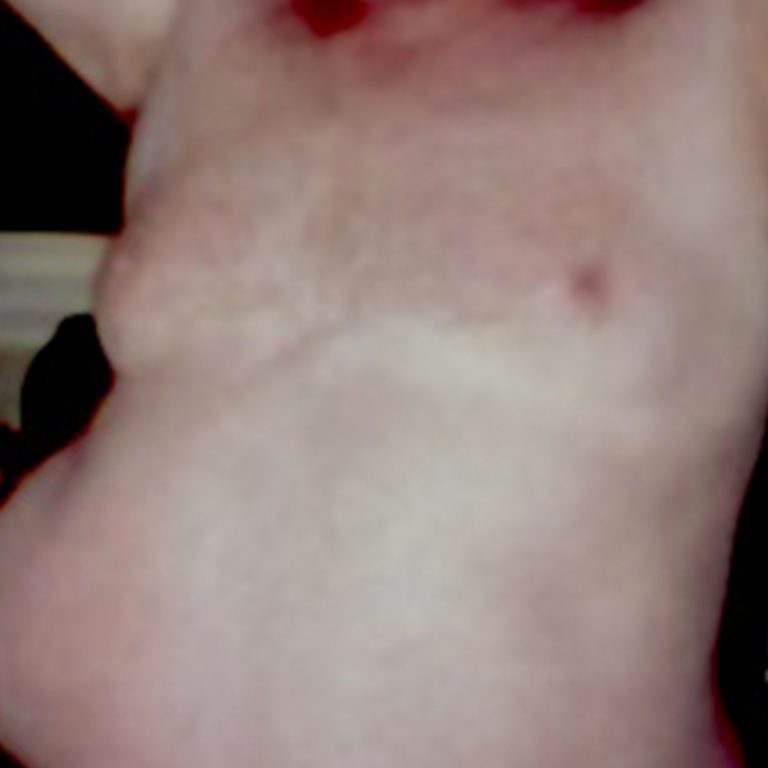Ayurvedic Treatment For Blastocystosis
Blastocystosis is the medical term for the condition caused by infection with Blastocystis – a single-celled parasite that inhabits the gastrointestinal tract, both of humans and of any other type of animal. Many different types exist, some of which cause symptoms while others are harmless. The most common symptoms reported include diarrhoea, constipation, nausea, abdominal pain, fatigue, flatulence and weight loss and in the absence of proper diagnosis a combination of any of these symptoms is likely to be attributed to IBS. The most reliable method of identification currently available is from a fixed stool test and except in the most extreme cases this type of testing is unlikely to be carried out.
Little is known about exactly how Blastocystis is transmitted but it would appear that infection rates are higher in areas where there is inadequate sanitation and personal hygiene, which would suggest transmission by oral-fecal contact.
Blastocystosis is one of those conditions that our mainstream medical system still considers to be incurable although drugs such as Flagyl or a cocktail of antibiotics may be offered in more severe cases. Unfortunately, these medications can have side-effects which are worse than the symptoms of the illness, as well as causing havoc with the gut flora.
While knowing nothing about identifying specific parasites Ayurveda has since ancient times utilised herbal medicines to treat parasitic gut infections. These medications are formulated to work on the system and are prepared according to individual requirement. Two of the most common constituents are asafoetida and pippali – herbs which have the ability to draw excess phlegm from the gut. Many spices have this property and this may explain why Indians, who use many spices in their cooking, seem to be less troubled by intestinal parasites. Ayurvedic treatment for Blastocystosis focuses strongly on diet. The western diet, which too often contains large amounts of sugar and refined carbohydrate, creates a perfect breeding ground for these parasites.
Rather than focusing on killing gut parasites it is important to understand that they are only likely to take up residence and cause a problem if the gut environment is appealing to them. Ayurvedic treatment will always focus on strengthening the digestive fire (agni) and clearing the system of undigested food waste (ama), as well as repairing any damage to the gut and re-establishing a healthy gut flora.
If you are constantly affected by any of the symptoms mentioned here you would be well advised to seek treatment before any complications set in. Although parasitic infestations of the gut are not in themselves always very serious, they can lead to more complicated health problems at a later stage, and these will be much more difficult to treat. Book your consultation without delay at the Yatan Holistic Ayurvedic Centre on 1300 552 260.

*Discover holistic healing with a complimentary phone or video consultation from our expert Ayurvedic practitioner. Start your path to better health today!*























